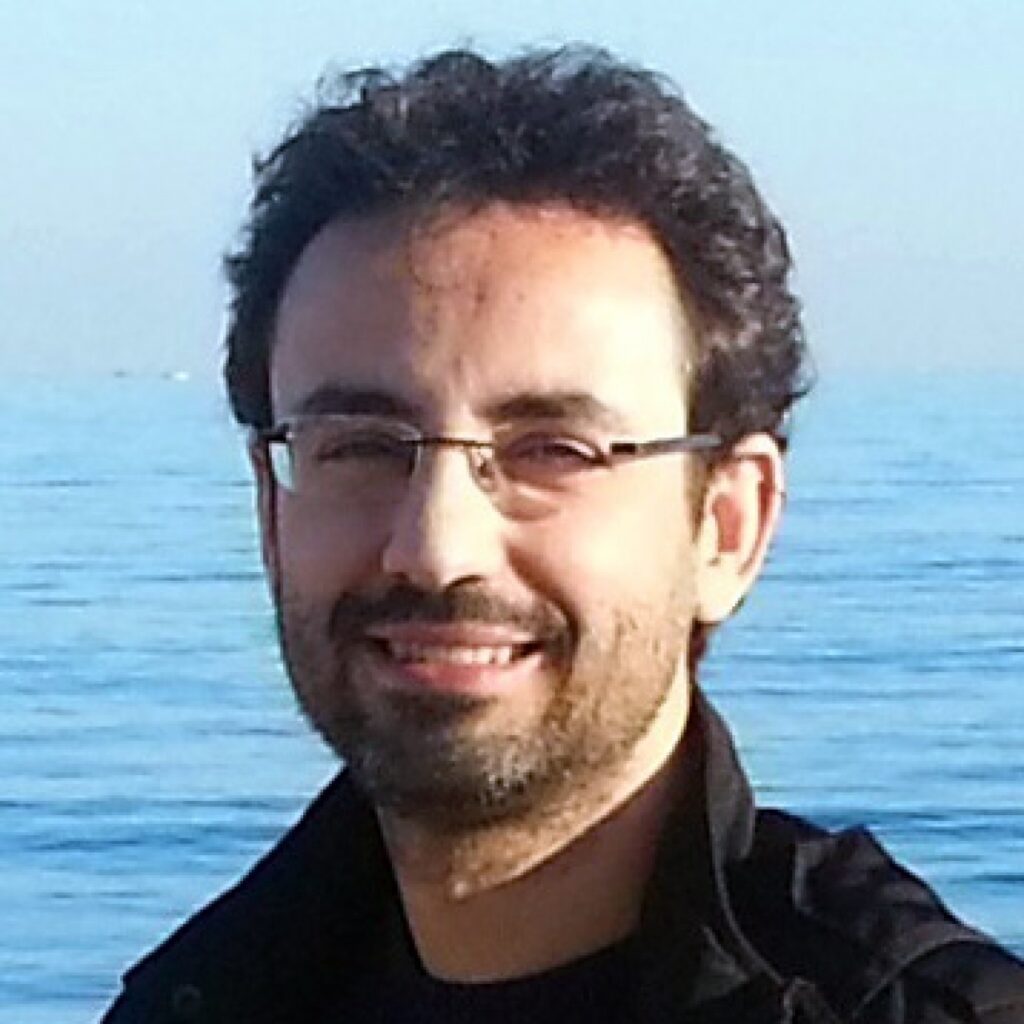

Researcher
My investigations feed on the interaction between the sciences of evolution and conservation biology. I am investigating the patterns of diversification within several groups of mammals through different scales, including phylogenetics / phylogeography / population genetics. The ultimate goal of my research is to increase knowledge on the evolutionary dynamics and ecology of heritage taxa and to produce DNA-based tools for the implementation of wildlife management protocols.








